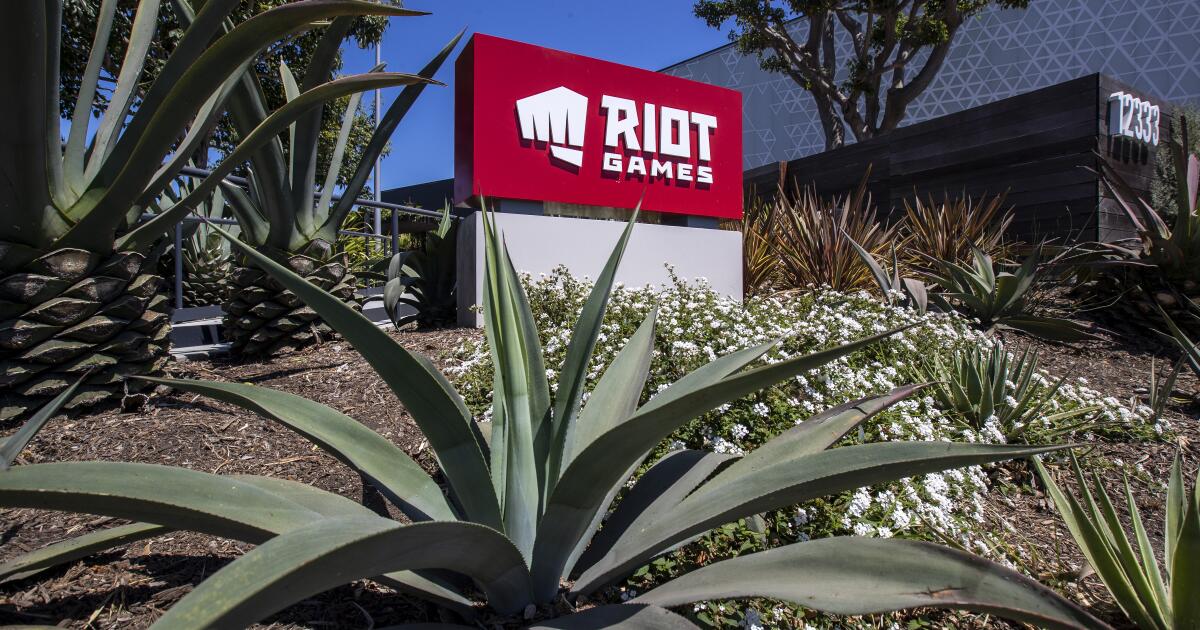Los Angeles-based video game giant Riot Games announced Monday it would lay off 530 workers, cuts that amount to roughly 11% of the company’s global workforce.
In a letter to staff, Chief Executive Dylan Jadeja called the move a “decision we hoped we would never have to make.” The biggest hit would be to teams outside of core development, he said.
“To all the Rioters who are being laid off, we are deeply sorry that it has come to this,” Jadeja wrote. “As CEO, I’m accountable for the changes we’re making and where we’re headed in the future.”
The layoffs come after a year of deep cuts in the video game industry, as publishers and developers adjust to post-pandemic demands, rising production costs and growing competition. More than 10,000 video game workers have been laid off globally since January 2023, including hundreds at California-based companies, industry estimates show.



Maybe if they didn’t buy chair just to kill infinity blade they could afford to actually pay their workers.
What is it with corporations just buying stuff up for excessive amounts of money and then firing a bunch of people?
Unity spent $1.6 billion on Weta Digital and then did absolutely nothing with it, fired most of the Weta people, and are now doing mass lay offs. What’s the point? Why buy it all if it’s just going to be shut down and then fire people?
Because the point isn’t to make money, it’s to accumulate capital. IP is fake bullshit, but it’s been turned into capital by the state so it’s valuable to accumulate.
Probably because they’re unelected descendants of upper middle class to straight up wealthy people, assigned by a wealthy board of more wealthy individuals (if it’s a public company), rather than a competent leader the workers with actual knowledge of how work is being done on the floor have decided is the best.
When you don’t leave managing the business to an incompetent nepo baby, this happens:
I did not know this about Weta digital and that makes me sad